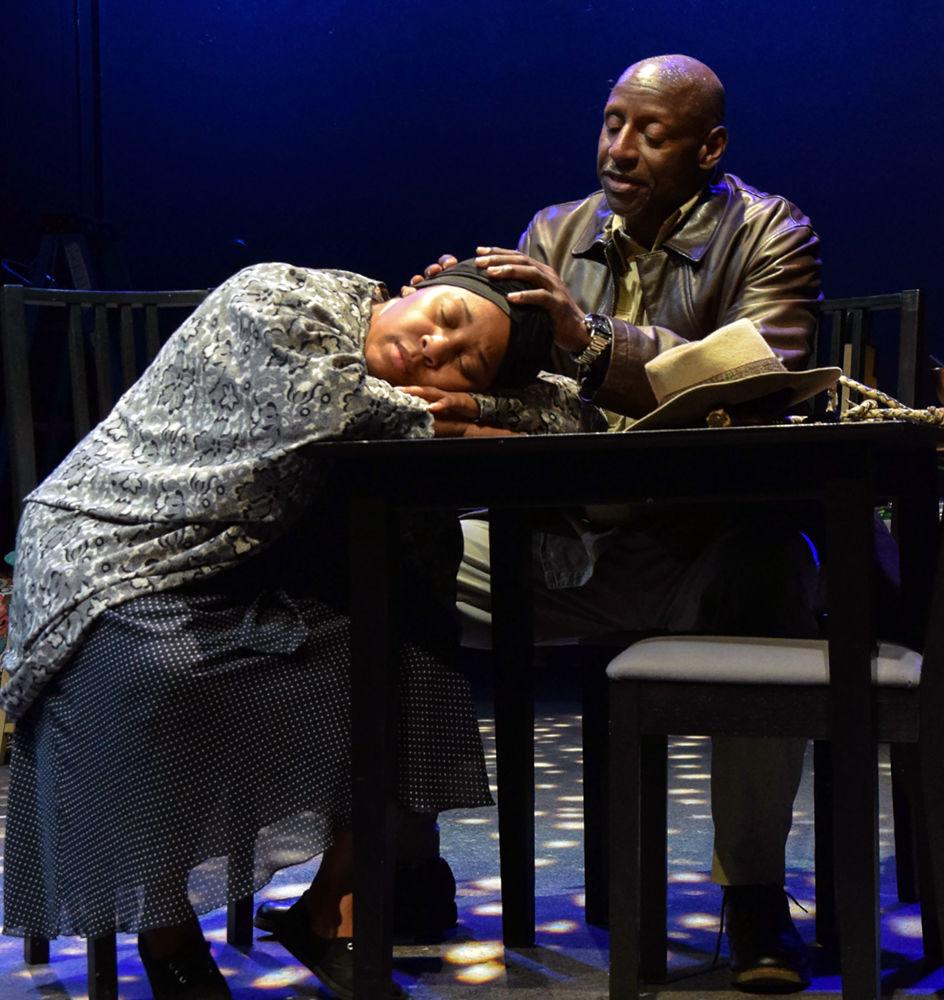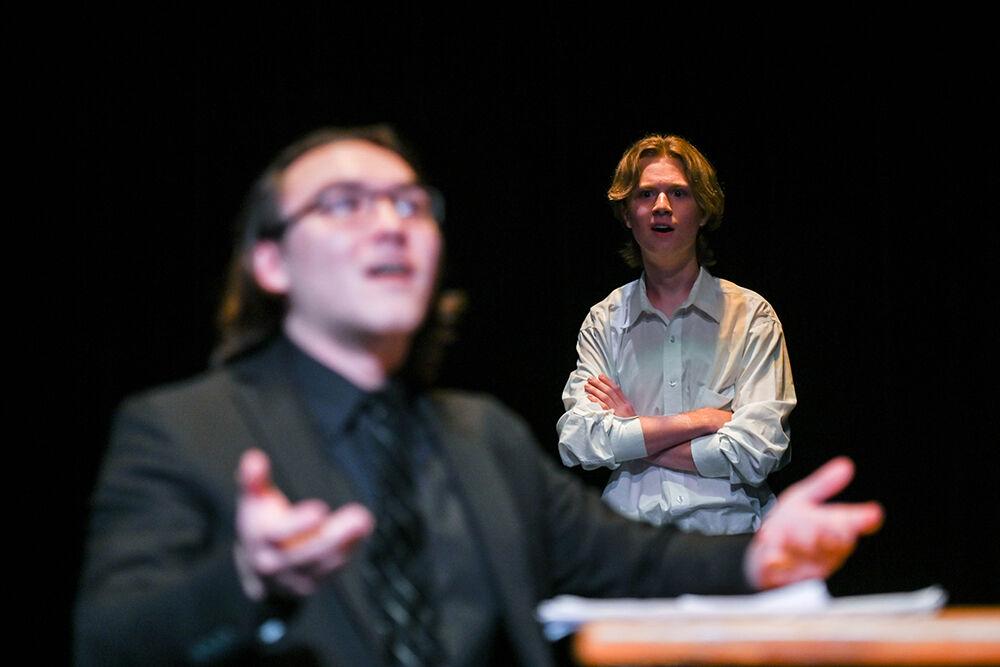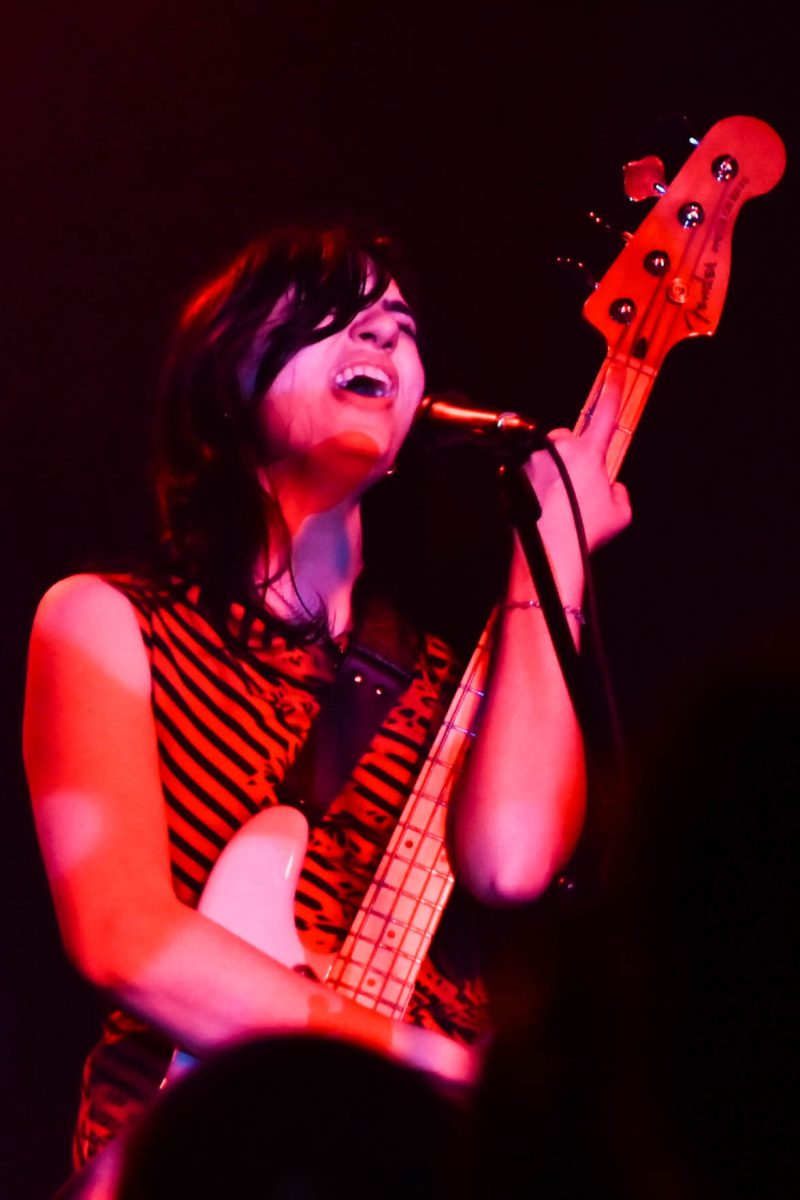Despite years of activism and social movements, gender equality has yet to be completely achieved. The Women’s Theatre Festival, an annual event taking place from June 8 through Aug. 5, aims to tackle the problem within the thespian community. This year’s theme? Women are heroes.
Founded in 2016, the festival addresses the issue of a lack of representation in all aspects of theatre. WTF shows are all written, directed and produced by women, and have casts that are at least 50 percent female.
“Only about 20 percent of the theatrical works produced in the United States are written by women, which means that for every four pieces written by men that are produced in this country, only one is written by a woman,” said Ashley Popio, the artistic director and founder of Women’s Theatre Festival. “This, of course, means that our voices aren’t being heard.”
An NC State graduate school alumna, Popio created the festival after recognizing a lack of diversity within theatre leadership, particularly in regards to gender and race.
“One of the things that I heard when I first went around to theatres saying ‘Why don’t you stage more works by women? What’s stopping you?’ some of them actually told me that there weren’t enough works by women that they enjoyed or that the public didn’t recognize or respond to works by women,” Popio said. “In actuality, women buy 72 percent of the nation’s theatre tickets, so that argument doesn’t make a lot of sense.”
In addition to its staged performances, the festival also hosts Occupy The Stage, an overnight form of protest in which there are readings of works by women and workshops ranging from script editing to vocal training to discussions of the “#MeToo” movement in theatre.
“We’re hoping to build the field of female talent in this area until it’s impossible to ignore,” Popio said.
Women’s Theatre Festival also takes active measures to create casts that are ethnically and racially diverse, as inspired by the “50/50 by 2020” initiative.
“One of our goals this year was to cast our shows with 50 percent people of color, and we did that across our mainstage shows,” said Rachel Kasten, WTF board member and a graduate services coordinator at NC State. “It’s a real challenge — not because there aren’t amazing actors and actresses of color out there looking for opportunities, but because a lot of the scripts that we get are written by white women, for white women. You have to have a production team who’s willing to say ‘Does this person need to be white?’”
Kasten is also producing “These Shining Lives,” a WTF production that focuses on the Radium Girls’ path to justice after suffering from hazardous work conditions.
“There are all these women that fought so hard, and fought so long, then sort of disappeared in history,” Kasten said. “There are so many stories like this that are waiting to be told, and I think the opportunity to empower their voices and to give this story a platform really inspired me.”
Kasten hopes that through the festival, women are able to gain valuable experience in their field of interest that they wouldn’t be afforded otherwise.
“What I see happening with the theatre festival is helping women take on roles that they normally wouldn’t have the opportunity to take on,” Kasten said. “That’s what’s going to help build that equity in the local community.”
Riki Dows, a third year studying communication media and a past University Theatre actress, expressed appreciation for the gaps filled by the festival.
“I’m lucky enough to where I am in a community where I’m not really restricted because of my gender here,” Dows said. “We [University Theatre] do tend to have this gray area, complicated thing when it comes to trans women and gender non-conforming [people]. Women’s Theatre Fest has more of an open idea of acceptance there, versus some of these more traditional theatres, like NC State’s, for example, where that can kind of be difficult for them to feel like they have a place there.
Popio asserted her confidence in the impact Women’s Theatre Festival and other similar organizations can have on shaping gender equality both within the field and beyond.
“We want to particularly support young women, and show them that you can grow up in a system like this, it doesn’t have to be misogynistic from the get-go,” Popio said. “Maybe we can raise a generation of women that expect equality and demand it.”
More information about the Women’s Theatre Festival can be found here.












